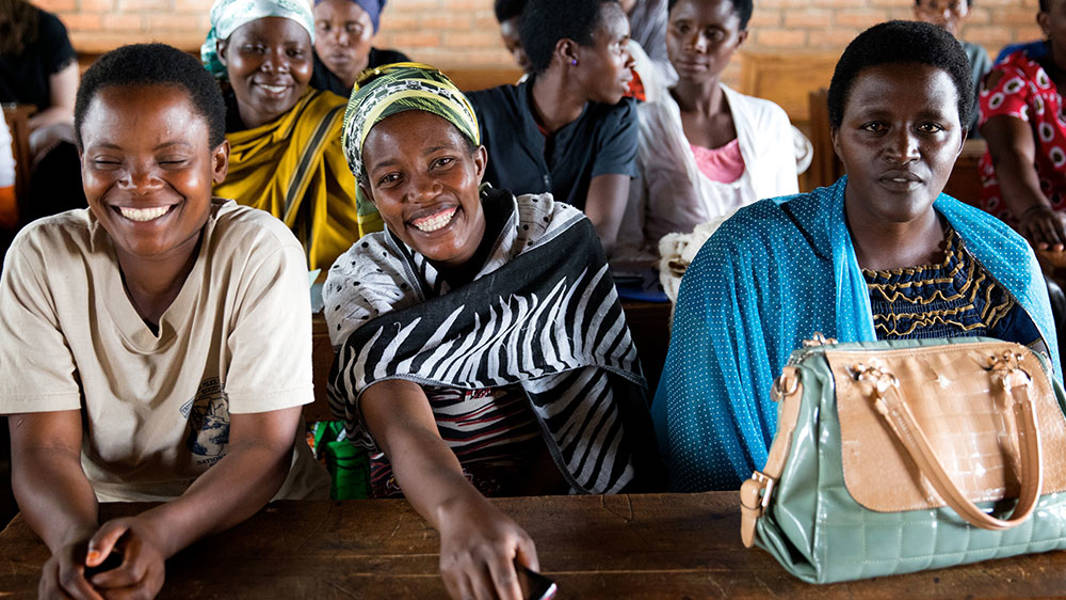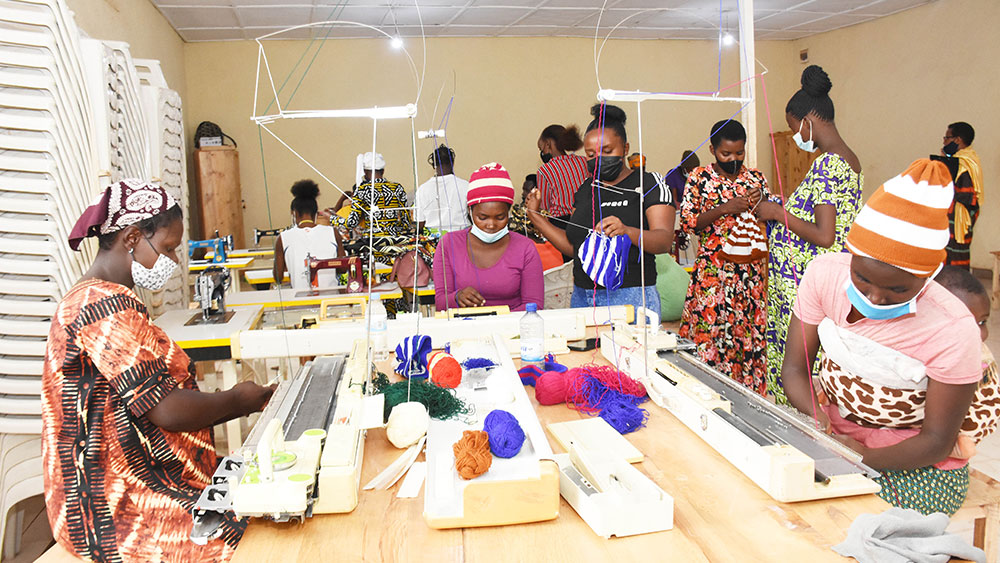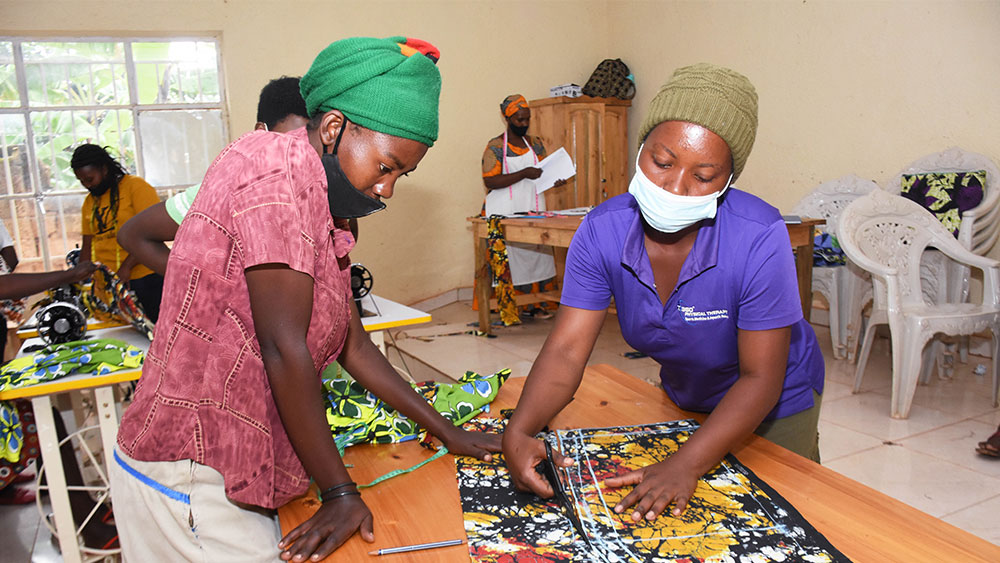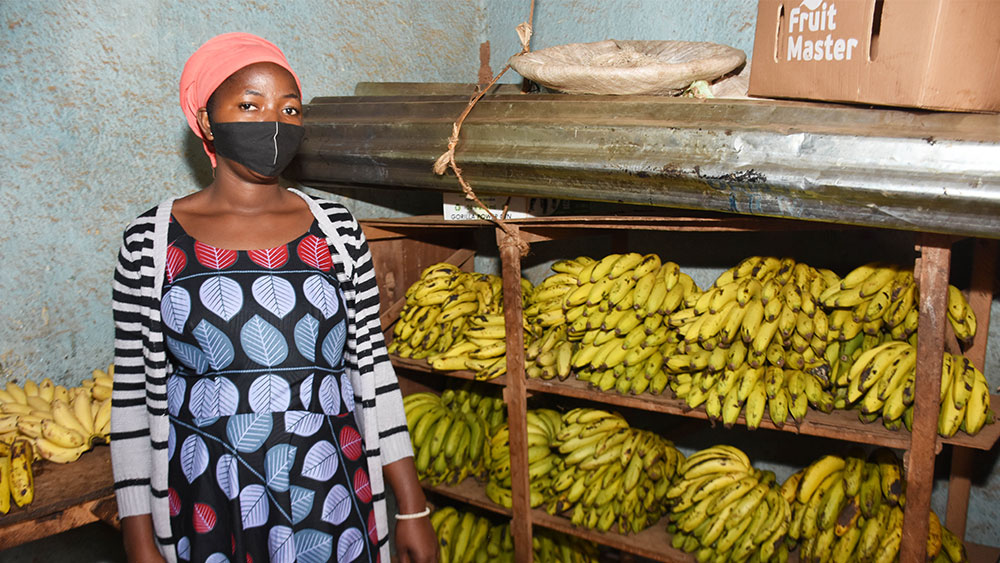
This International Women’s Day, we’re thankful for partners like Women for Women International
Through the yearlong program, Clementine gained the knowledge and skills she needed to start her own small business. It covered social empowerment training on topics like women’s rights and solidarity, skill-building for competencies like business management and bookkeeping, connections to local women’s networks, and resources like cash stipends and legal services.
Starting with a $20 loan from a village savings and loans association, Clementine began selling bananas, making $6 or $7 a week. Since then, she’s grown her business and is now pulling in around $30 a week. “Before joining Women for Women International’s 12-month program, I never dreamed I could make my own money,” said Clementine, “but now I have been greatly surprised and I hope to have a brighter future."
The Stavros Niarchos Foundation (SNF) proudly supports Women for Women International in implementing its socioeconomic empowerment program for marginalized women in Rwanda, many of whom have experienced conflict, extreme poverty, and exclusion from education and employment. SNF supports this work through a grant to the organization’s UK branch.
The women who participate in the program live in households with an average of three members, so the benefits of participating ripple outward in communities and forward in time. “I was never able to go to school because my parents only supported boys' education,” said 25-year-old participant Jeanne Mukamana. “I will support the education of both my children.”
Each participant receives 40 to 70 hours of vocational training in one of five areas: agriculture, handicrafts and manufacturing, trade and services, animal husbandry, or food processing. Though many of the skills imparted are industry-specific, what the program aims to impart in the long term is much broader, from greater stability and connection with community to optimism in the future.
"After my husband was killed in the genocide, our house was burned so until this year I worked on other people's land for a small income. I struggled taking care of my six children,” said Francine Nyrahabimana, 52. “When I joined Women for Women International, I was able to stop moving from place to place in search of work. Using my stipend, I started buying and selling avocados and tomatoes and earning a stable income.”
“I don't feel alone anymore,” she said. “I feel happy working with other women. My oldest child just finished university and can now help me with my business. I am proud. I think together we can do more."
Learn more about SNF’s support for women and girls around the world through the pandemic.


